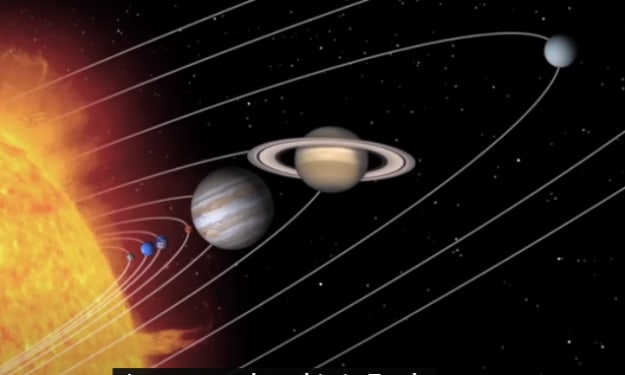Everyone Hates Country
The shift in country music and why it’s notoriously disliked

If you ask someone what music they like, they might easily answer “anything but country.”
Unless a person explicitly likes and often listens to country, then they probably detest it. It’s incredibly common, and I think there’s a lot of reasons why.
The thing is, it’s not that people, or even a majority of people, dislike country music. Lots of people love certain songs and artists that are undeniably country: Dolly Parton, Carrie Underwood, Rascal Flatts, and more recently Lil Nas X’s “Old Town Road.”
This has led to debate as what qualifies as “country music,” and why people say they do or don’t like it.
And the greatest reason is this divide in country music before and after a certain event in history (and please bear with me, because it’s not as much of a stretch as it may sound).
September 11, 2001.
Before 9/11, country music was often about working hard, exploring the country, facing injustices, and relationships. Country music was about how hard it is to be in the working class, and how grueling life can be. Country music was about fields and pastures, and coming home at the end of the day, or maybe not having a home and instead the earth and the stars was where you rested. Country music was about loving and being faithful to your spouse, or instead about the hardships of an unfaithful man.
Country music was, in a way, very rebellious. It was about a life where nothing goes right, and finding the time and peace in some music at the end of the day. It was about the soul and the heart of a story.
Then after 9/11, there was a shift in popular country music. Things changed to become incredibly patriotic and cater to ideas about the government, our American troops, and God. Suddenly country music became overwhelming about kicking in terrorists and defending “our land” guns-a-blazing.
Country music pre-9/11 understood that no one was going to bail you out of a bad situation. Working everyday and getting little money was hell, but maybe that’s how life is. Post-9/11 and now God, beer, and the armed forces are our saviors.
Country music became less radical, and conformed to a boot-licking idea of American superiority over “the east.”
And this is the perception of country music no one wants to be associated with.
This is the perception of country music and the American south that is considered racist, violent, and stupid.
Earlier country music understood that our government was unjust, that war always cost lives of the innocent, and that peace was found in communities.
Later country music says that our government and our army are right, that God blesses us and our actions, and that life is a peaceful party of beer drinking and hunting.
It fits into this idea of obliviousness, that people would rather not question things, while former country music aggressively disagreed with this.
Earlier country music was incredibly political. The Dixie Chicks and other artists faced the the repercussions of continuing these same “radical” ideas post 9/11.
After America was attacked, suddenly you couldn’t critique America without being equated to a terrorist. So country music, which had formerly been very critical of society, was watered down and repetitive.
So now people say they hate country, but most times what they hate is what modern country music represents. It represents sexist and traditionalist ideas, and an uncomfortable amount of blindness towards social issues.
But this wasn’t always the case, it was a result of people becoming incredibly suspicious of criticism.
About the Creator
E.A. Forster
A fan of literature and cinema, following civil rights and the LGBT+ community. History enthusiast, artist, writer, and journalist.






Comments
There are no comments for this story
Be the first to respond and start the conversation.